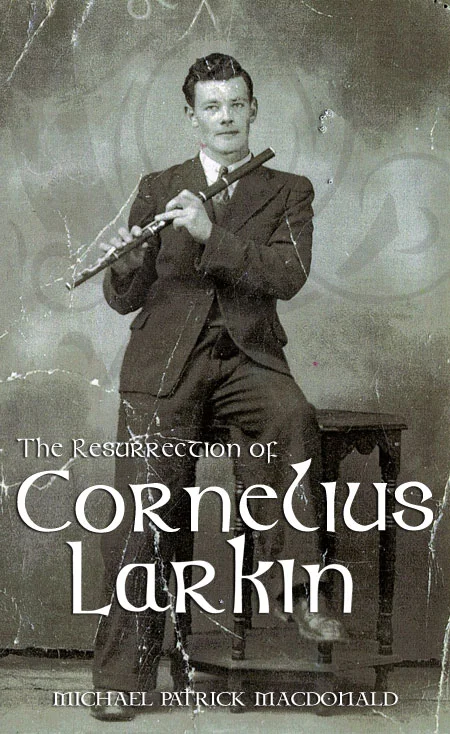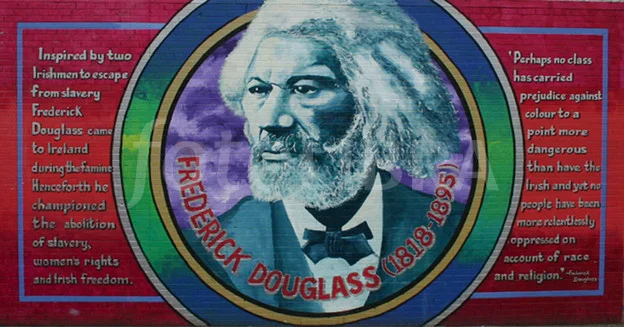Did a two-day residency at BU School of Oubkic Health this week, taking about race, class and public health issues. The school bought 650 copies of All Souls, assigned to all incoming freshmen. Always blows my mind the longevity of that book. 17+ years. But the conversations we had on campus were really not that different than the conversation I’ve been engaged in since 1990 when I first started talking about this stuff.
Same Old Story. Long ignored heroin epidemic (been dealing with it for over 2 decades) explodes into the most catastrophic drug epidemic in American History. Click on link for Radio Open Source show.
http://radioopensource.org/coming-crisis-opioid-nation/
http://radioopensource.org/coming-crisis-opioid-nation/
MPM in 10/16 Spare Change Newspaper on painkilling, the ongoing trans-generational legacy of Trauma.
When Michael Patrick MacDonald walks down ‘methadone mile’ he sees a familiar story among the addicts and panhandlers.
“Most people down there come from places like I come from,” MacDonald said. Places of “poverty” and “trauma.”
http://sparechangenews.net/2016/10/michael-patrick-macdonald-families-souls-dealing-heroin/
MPM in front of his building at 8 Pattersom Way, Old Colony Project (MacDonald kitchen and Ma's bedroom on torn to shreds 3rd floor)
MPM & Patti Smith in Conversation 10/11/16 at Berklee Performance Ctr.
Patti Smith used to plays songs like “Piss Factory” at dingy clubs like the Rat. Not so much anymore. At 69, Smith is an elder stateswoman of rock. She still performs, but it often involves reading from her beautiful, best-selling books, “Just Kids,” which was published in 2010, and last year’s “M Train.”
Whitey Bulger, Boston Busing, and Southie’s Lost Generation
I had already lost too many older siblings to Whitey’s trade to go that route and become another casualty. I suppose that’s why I am still alive. But not everyone in my neighborhood saw through the myths. Throughout the late 70s, 80s, and 90s we felt more and more separate from the city of Boston. Southie became a world unto itself, despised as “racist white trash” by mainstream middle class and wealthy white liberals outside—those who had treated us as if we were the privileged white ascendancy that we were not. Too many of my neighbors continued to believe we were “protected” by our political power base who pretended to fight for our interests, keeping blacks and crime out, while our own homegrown gangsters lured us into hell.
Community building, what the original gun buybacks were about
Since its inception in the 1990s, the Boston gun-buyback program has always had two goals: to eliminate guns from homes and the streets, and to mobilize all segments of Boston, including police, business, clergy, educators, and parents across all racial and neighborhood boundaries, to come together as a community, and thereby reduce fear. The program provided an opportunity for a citywide conversation about the role of guns in our lives, and gave us one thing we could all do: destroy one gun while working to possibly change one life.
Whitey Bulger’s indirect hits
IN 1995, the year James “Whitey’’ Bulger went on the lam, a small group of families in South Boston organized a solemn vigil for Nov. 2, All Souls’ Day, to commemorate all those who died too young in our neighborhood. But when we printed up a list of the deceased from our own memories of constant wakes and funerals for Southie’s young, we sat and stared at more than 250 names. One mother, who’d just started attending the group after losing her son, said, “I went to nearly every one of these wakes. Until now I never realized we had a problem.’’
The Resurrection of Cornelius Larkin: An Immigrant’s Tale
Fictional piece written for The Dropkick Murphys' theme album “Going Out in Style.”
Cornelius "Connie" Larkin, Korean War Veteran and Organizer with International Longshoreman's Association, 78 Years Old.
Dorchester - Larkin, Cornelius "Connie," Beloved husband of the late Margaret "Peg" Larkin (nee Brosnahan), suddenly, on January 1, 2011. Veteran of the Korean War, where he earned a Purple Heart. Served as Union Chief with the ILA. Survived by seven sons and nine grandchildren. A funeral mass will be said at 9AM Wednesday, Blessed Mother Teresa of Calcutta Church (St. Margaret's) in Dorchester. Wake to be conducted by James A. Murphy and Son Funeral Home, 1020 Dorchester Avenue. Visiting hours Tuesday, 2pm - 4pm and 7pm - 9pm. Interment at Mount Calvary Cemetery. In lieu of flowers, donations may be made to local charities working with families in crisis.
Southie, then and now
"I think I liked Southie better the old way!" Studs Terkel shouted at me when I recently described to him the trendy new South Boston. How could the 94-year-old liberal icon endorse the old Southie, a neighborhood wracked by poverty, organized crime, drug overdoses, and racism? He was talking about a most basic human need: a place to call home. An affordable life for all families is as important as anything else that makes a neighborhood - and a city - great.
Common ground rising
History is too easily lost across generations and, with it, all context. To build international support for the abolition of slavery in America, Frederick Douglass visited Ireland in 1845 to speak at Irish liberator Daniel O'Connell's huge "monster meetings." He met a warm reception. "Of all places to witness human misery, ignorance, degradation, filth, and wretchedness, the Irish hut is preeminent," Douglass said in a letter to fellow abolitionist William Lloyd Garrison. "I see much here to remind me of my former condition." Yet few Americans today, of any ancestry, know of such cross-cultural moments. Our cultural amnesia and loss of history made race antagonisms in Boston all the more tragic - a missed opportunity for a city that once embodied "common ground" within the working class, and across ethnicity, as no other city did.
Revisiting Southie's culture of death
Whitey Bulger and the Irish mafia did not directly kill and maim my siblings and neighbors who died in the '80s, when South Boston held the country's highest concentration of white poverty, Boston's highest death rates from drugs, and the city's fastest growing homicide rate. But a culture was created by him -- a culture of death -- in league with FBI agents, and with the implicit approval of our own politicians at all levels, from Southie through the highest reaches of the state. It is said that we all knew what was going on in the streets, where the neighborhood code of silence was brilliantly maintained by the drug lord/informant. And we did. But what matters more is that everyone knew, at all levels of city, state, and federal government.
And kids died.











